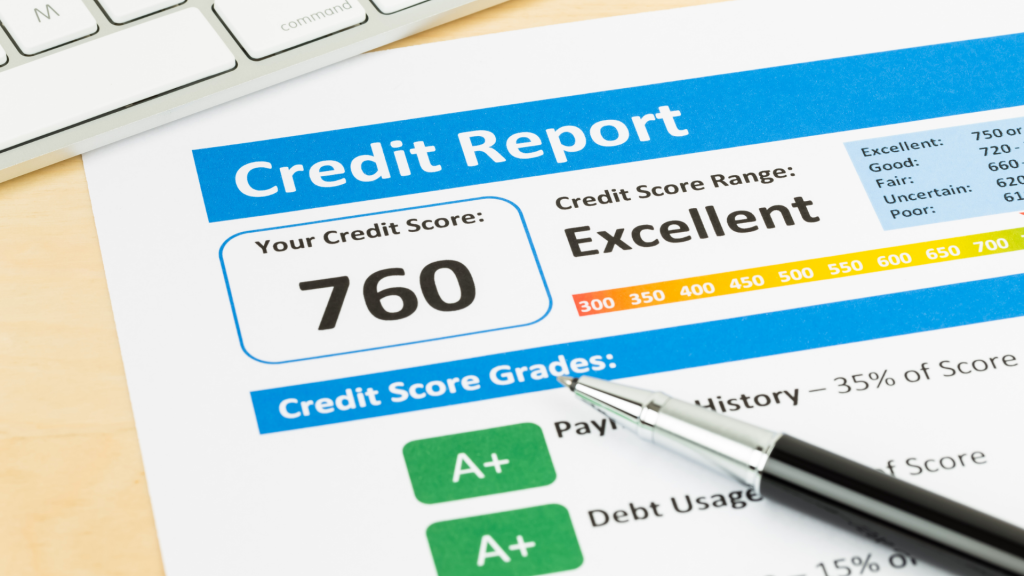For the majority of us, buying a home is one the biggest purchases we’ll make in our lifetime, and it makes sense why. From high down payments to expensive closing costs and fees, Americans are required to put down a lot of cash. And that’s all before the first mortgage payment is even due.
So are you ready to take one of the largest financial responsibilities to become a homeowner? Check out these three financial moves you should be making first to ensure you’re financially prepared.
1. Get Your Credit in Check

As you likely already know, the higher your credit score, the more financing options – and better rates – you have available to you. Before you begin applying for home loans, spend some time boosting your credit score to save even more money in the long run.
To bring up your score, focus on paying off your debt and keeping your credit card utilization ratio low, and always be sure to make payments on time. If you keep consistent with your financial goals, and monitor your score regularly, you’ll know exactly when you’re in a better place (scorewise) to begin applying for mortgages to secure the lowest possible rate.
Have High-Interest Debt? Use These 2 Strategies to Pay it Off Faster
2. Save Beyond a Down Payment
When you secure a mortgage, you’re securing financing for your home. What that doesn’t cover, however, is closing costs and additional fees.
As of 2021, the average down payment for a home in the United States ranged from 6% – 12%. And, while closing costs and fees vary from lender to lender, new homeowners can expect to pay for the home appraisal, credit report, attorney/closing agent fees, recording fees, and processing and underwriting fees, which typically ranges from 1% – 3% of your full mortgage loan. This means that if you’re securing a $450,000 loan, you can expect to pay anywhere from $4,500 – $13,500 up front in closing costs, And yes, that’s on top of your down payment.
Experts also recommend having at least 3-6 months of living expenses on hand before buying your home in the case of an emergency (like a job loss), to ensure you don’t lose your house in a financial crisis, which becomes collateral on missed mortgage payments.
To make sure you have enough cash to cover the move-in costs, start building your home savings well in advance, and budget for up-front costs as part of your home search so you don’t end up hit with a big financial surprise after putting in an offer.
3. Research Your Options

As a borrower, you have options when it comes to your loan. Before meeting with a lender, take some time to educate yourself by researching and comparing loans for things like the lowest down payment, lowest monthly payments, length of the loan, etc.
By completing your research well in advance, you’ll have a better idea of what you’re getting yourself into, and can avoid settling for the first loan you’re offered, which could result in you losing out on a lower rate.
Buying a home is one the biggest purchases you’ll ever make. But, by researching your options and educating yourself on all costs and fees beforehand, you’ll be well prepared and setting yourself up for success before beginning the process of securing a loan.
LEGAL DISCLAIMER
The opinions expressed in this post are for informational purposes only. To determine the best financing for your personal circumstances and goals, we advise you to consult with a licensed advisor.
Post Disclaimer
The information contained in this post is for general information purposes only. The information is provided by FinanceOpinion.net and while we endeavor to keep the information up to date and correct, we make no representations or warranties of any kind, express or implied, about the completeness, accuracy, reliability, suitability or availability with respect to the website or the information, products, services, or related graphics contained on the post for any purpose.

